
Caption
Poinsettias are a traditional Christmas plant, so learn how to take care of them and all about their history.
Subhead
History of How the Poinsettia Became a Symbol of the Holidays
More Like This
I have a great idea! Why don't we just enjoy the beauty of these plants and try to keep them from dying during the holiday season. They're here now, so why don't we just enjoy them? After all, isn't the holiday season supposed to celebrate the birth of Jesus? Aren't we all supposed to be celebrating the birth of Jesus in unification? There are numerous versions of the history of his birth. We could go down that rabbit hole or just have a Peaceful and Merry Christmas! God bless!
Oh. Let it begin. Let’s hear more about how the evil Catholics forced the peaceful Aztecs to stop their human sacrifice. Can’t we just sacrifice humans in peace?? Why must you bring your “dignity of the human person” and force it on us?? Oh and then there is this flower…
It is so hard for the liberal mind to comprehend history. Ironically, yesterday was the Feast Day of Our Lady of Guadalupe. Where Mary FORCED a bunch of people to convert.
Please add the Indigenous history of the Cuetlaxochitl before Ambassador Pointsett introduced it in the US.
Gosh, I woulda thought the red and green colors were chosen for the same reason as chosen in European tradition- red for Christ's blood and green for eternal life- colors that had to be used symbolically at certain points because Christianity had come under such persecution. And, I woulda thought the poinsettia would've been snatched up as the perfect plant for Christmas not because of a marketing scheme, but because it was the Christmas colors.
Mark 11:25
“And when you stand praying, if you hold anything against anyone, forgive them, so that your Father in heaven may forgive you your sins.”
Luke 2:8-14
And in the same region there were shepherds out in the field, keeping watch over their flock by night. And an angel of the Lord appeared to them, and the glory of the Lord shone around them, and they were filled with great fear. And the angel said to them, "Fear not, for behold, I bring you good news of great joy that will be for all the people. For unto you is born this day in the city of David a Savior, who is Christ the Lord. And this will be a sign for you: you will find a Baby wrapped in swaddling cloths and lying in a manger." And suddenly there was with the angel a multitude of the heavenly host praising God and saying,
"Glory to God in the highest, and on earth peace among those with whom He is pleased!"
Glory To God Thankful 🙏 🙌 ✨️ ❤️ 💖
La flor de Noche Buena today known as Poinsettia is not a tropical flower central Mexico is not tropical is high altitude mountain region and is part of the North American continent.
La flor de Noche Buena was not exclusive to the Aztecs but to several ethnic groups there are over 64 four know in today México ethnic groups… Aztecs were not the only ones in Mesoamérica.
Like most native products… flowers fruits and the like… are known today with English names as is the custom since people like Poinsett saw the flower and introduced in the US and the rest is part of the folclore…
I would seriously like to learn more about how indigenous Central American peoples view this plant now called Poinsettia.
This is such a limited history. How can you ignore the fact that it is rooted in Aztec history, specifically? It was also a flower used by Catholics as proof that Indians should be forcibly converted (which is part of a legend). Poinsett was Secretary of War and loathed Indigenous Americans, helping to force them westwards which is ironic since this plant is native to the Americas and was so important in Indian history. Tell the whole story. It is only fair.
You need to learn about the miracle of Juan Diego in the 1500’s, performed by Our Lady of Guadalupe. That’s how they were converted to Catholicism! Not by force, but by the love of the Holy Mother of God.
- « Previous
- 1
- 2
- …
- 10
- Next »

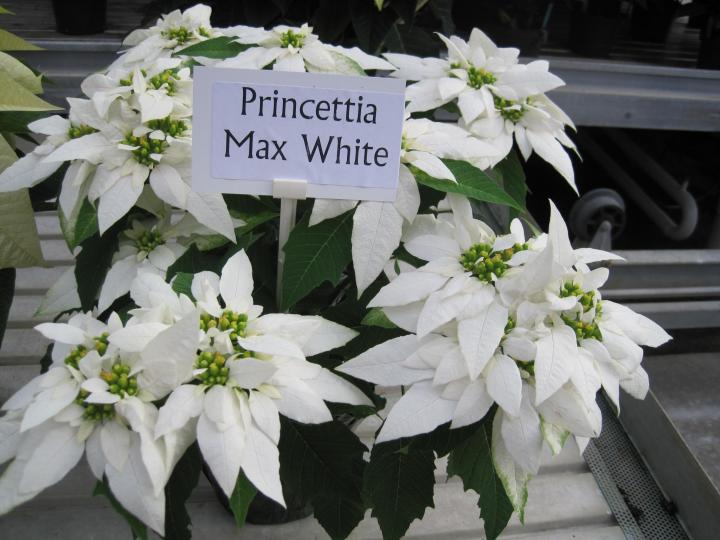
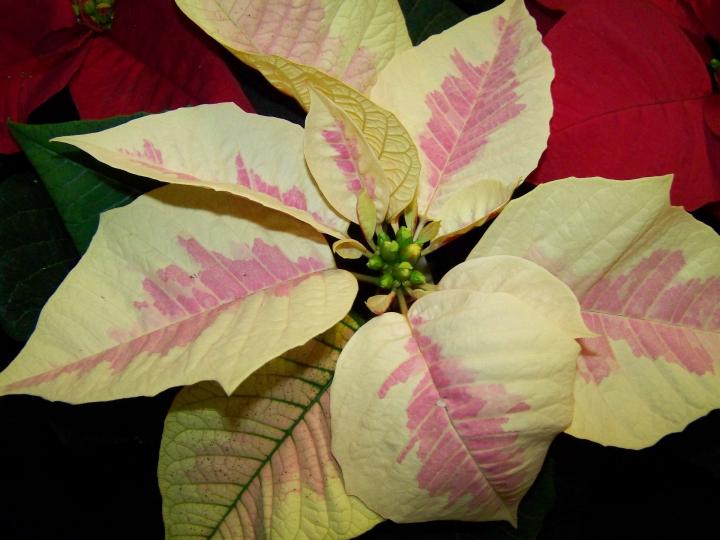
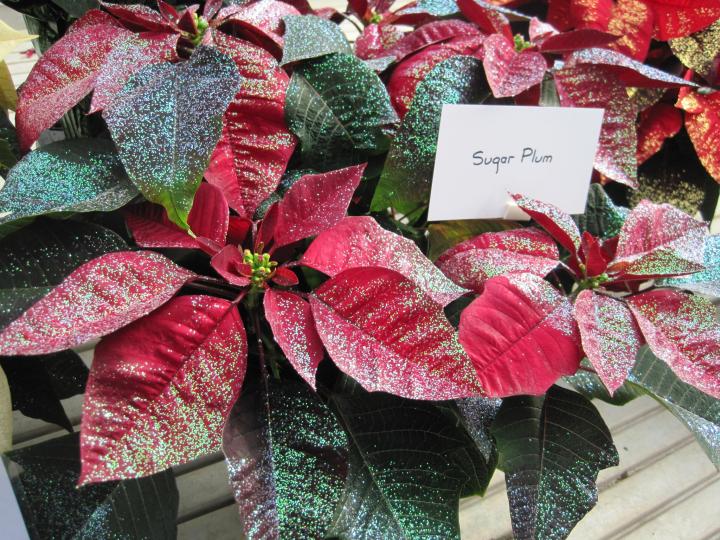
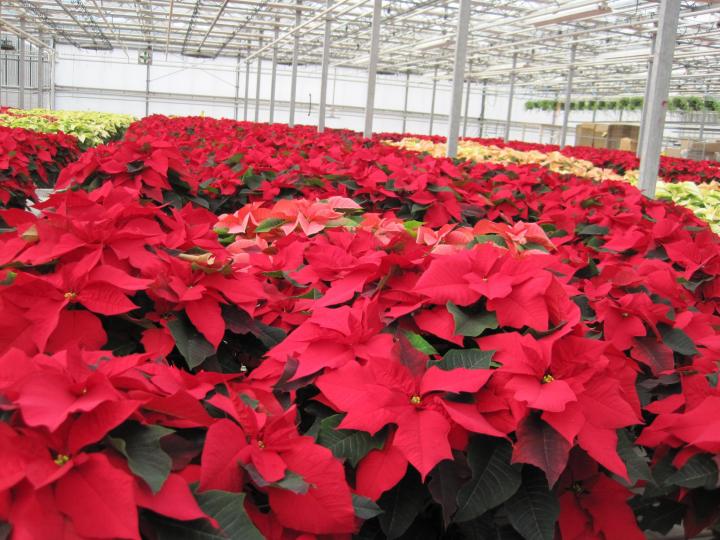
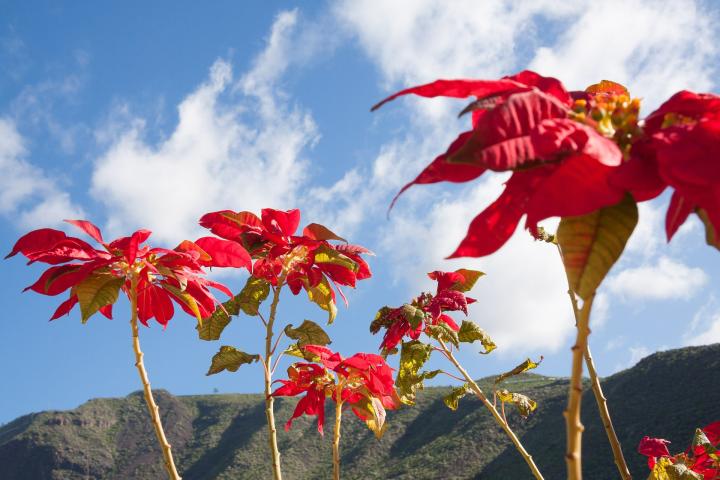
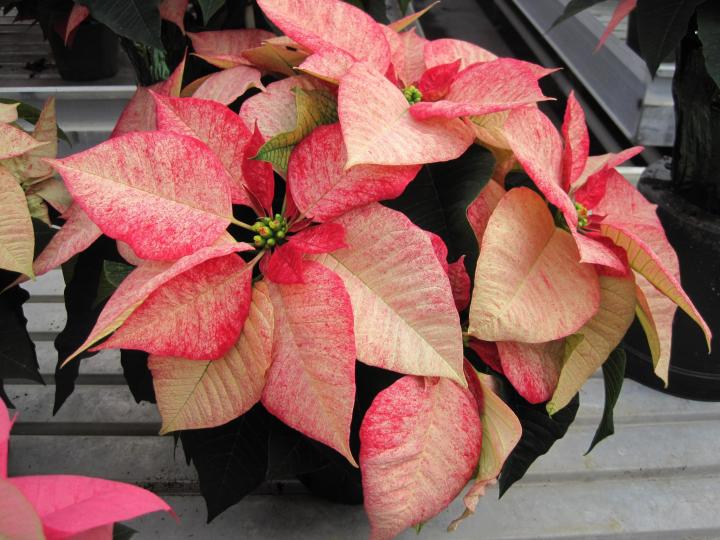
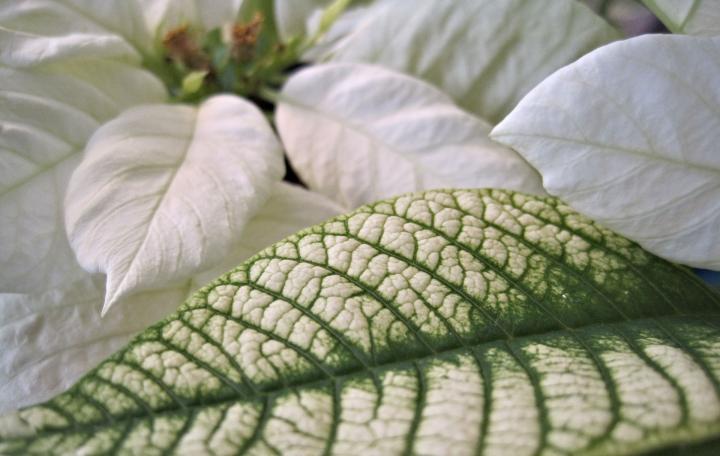
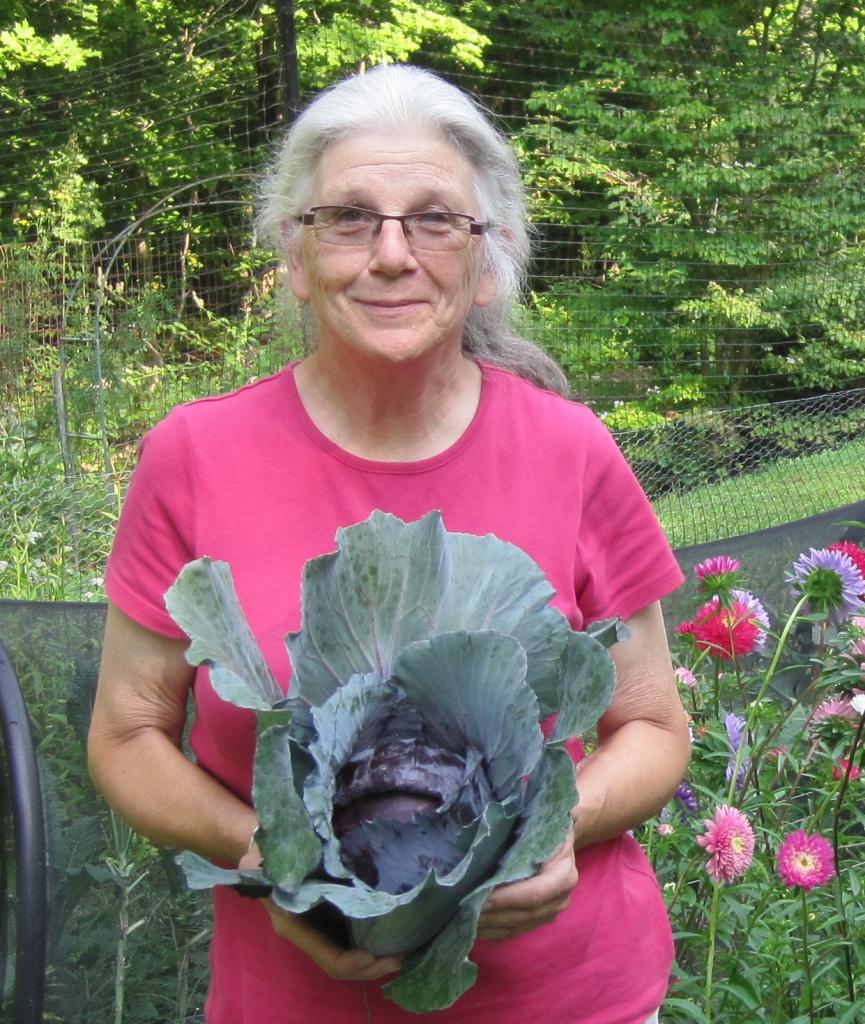







Comments